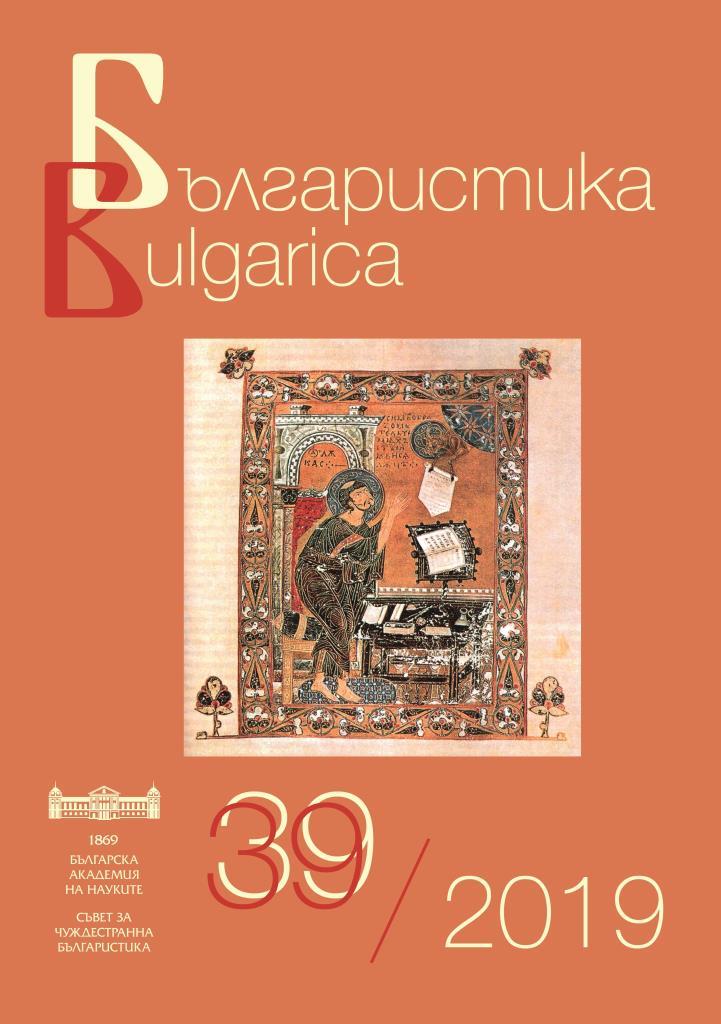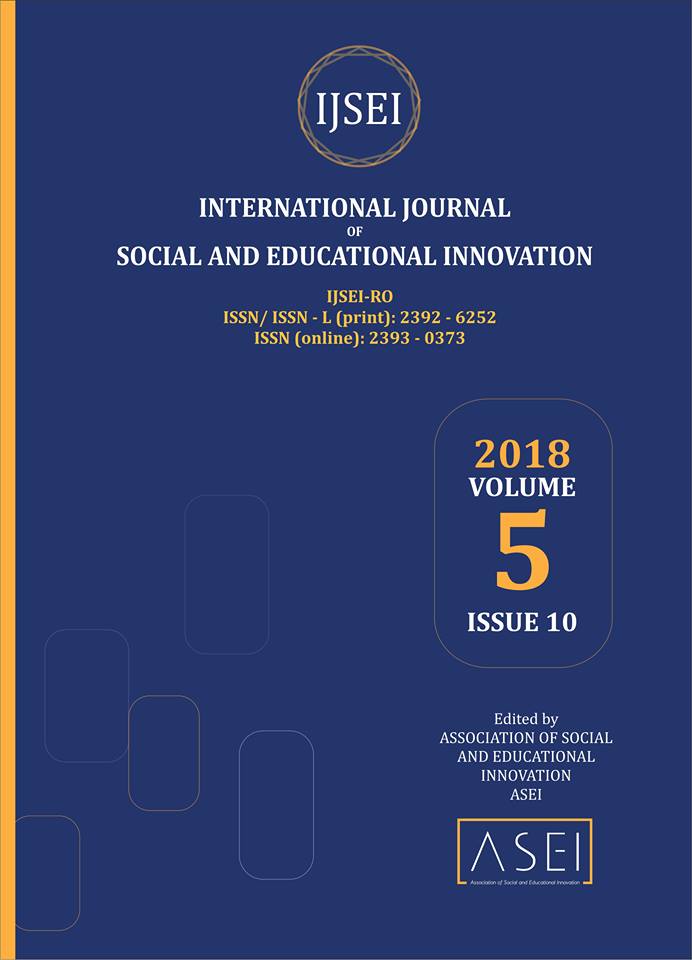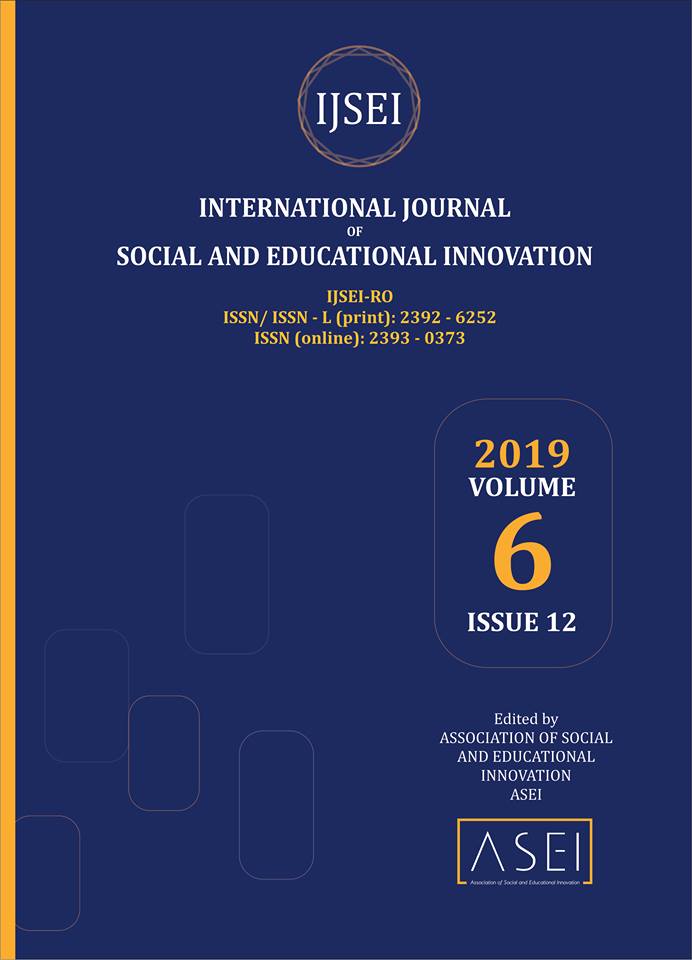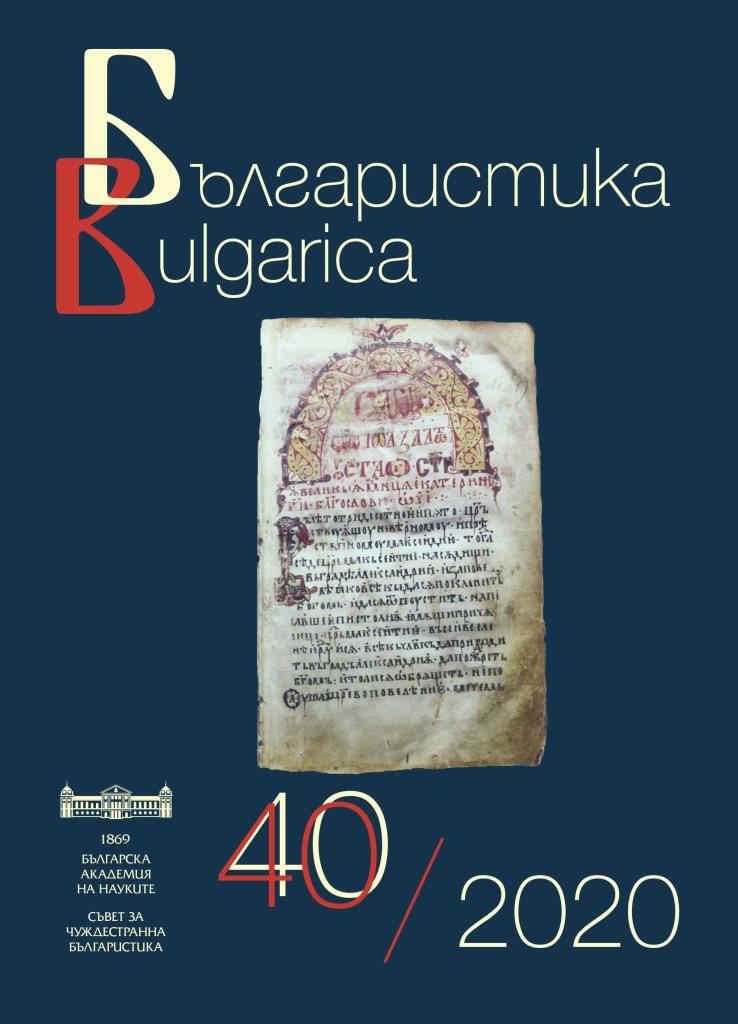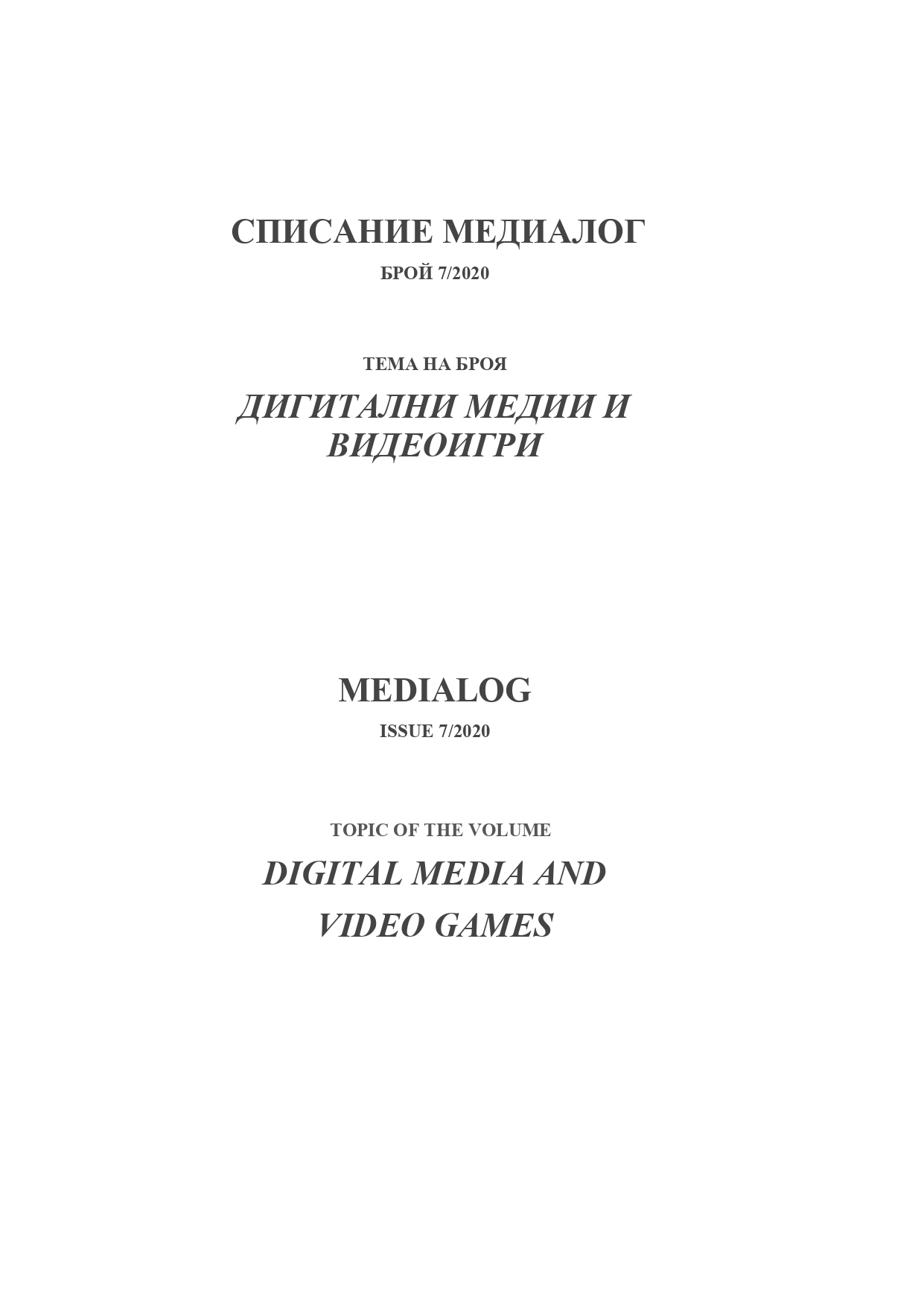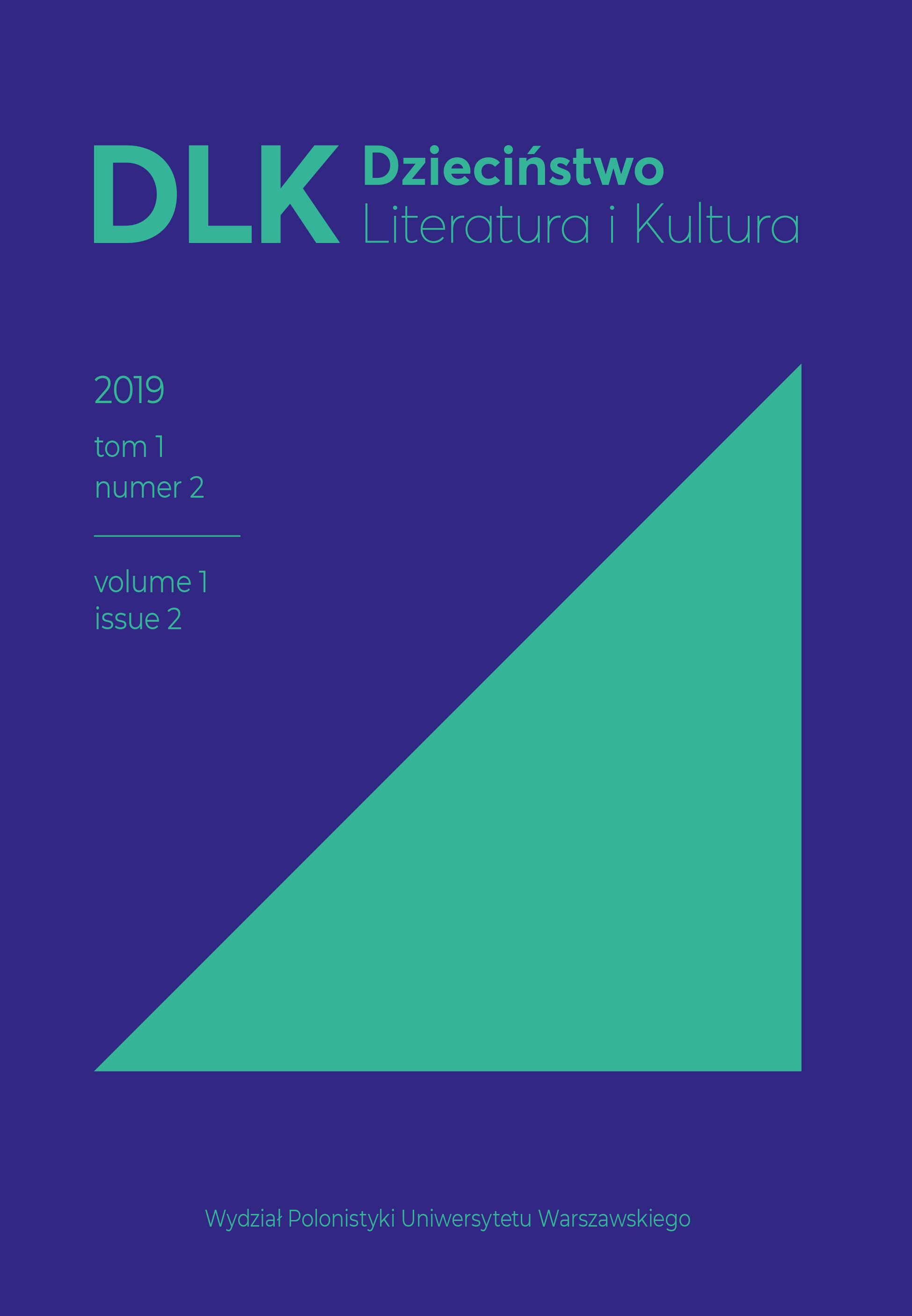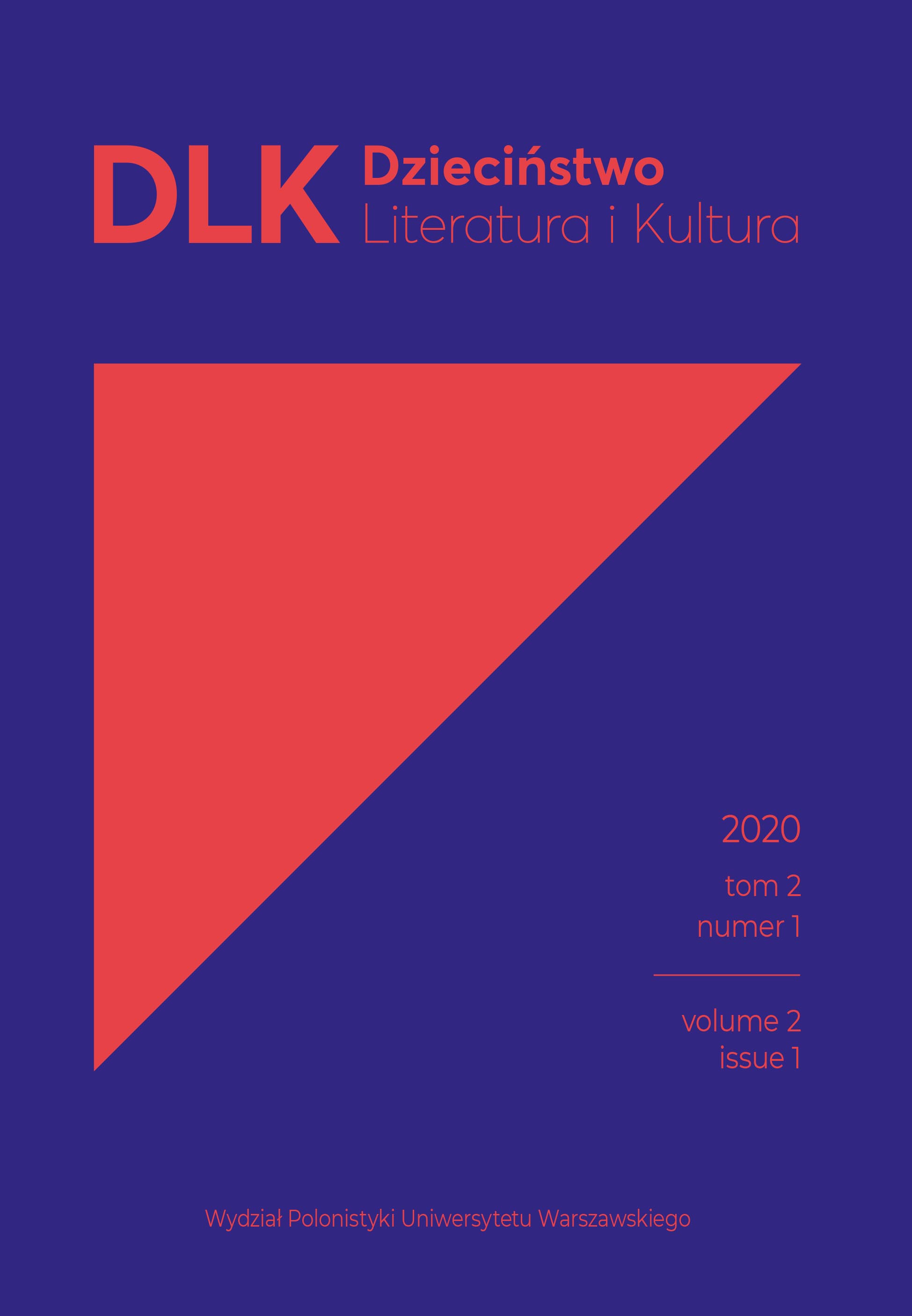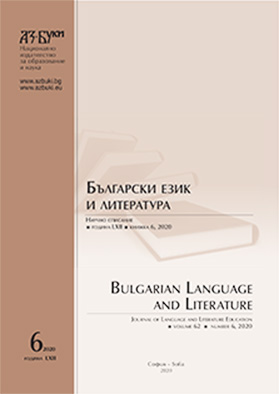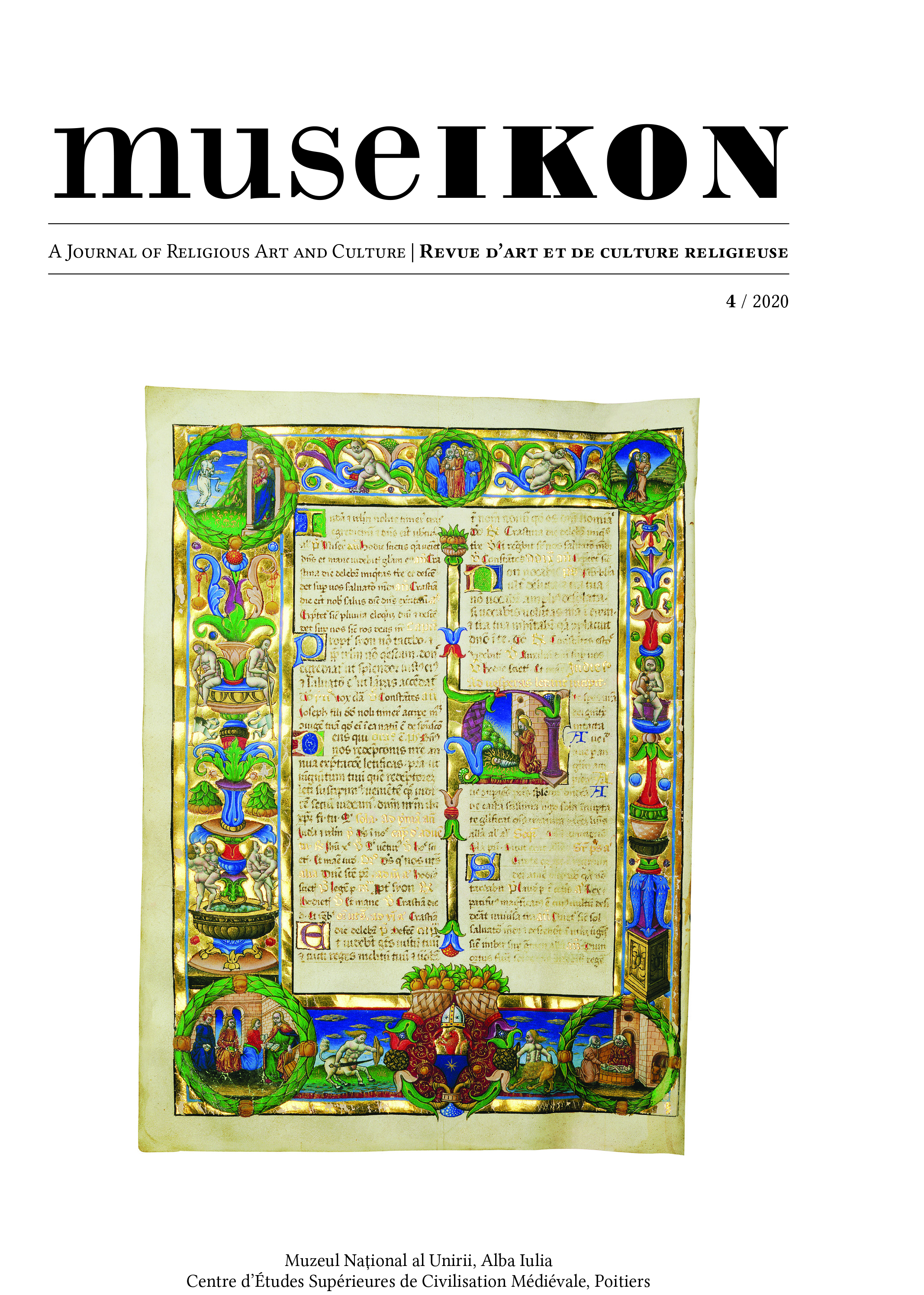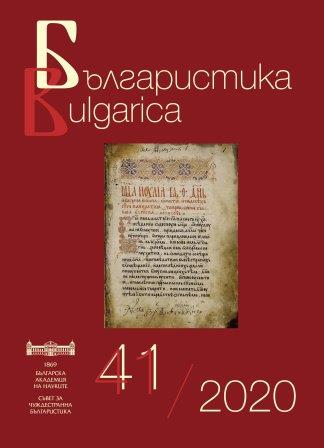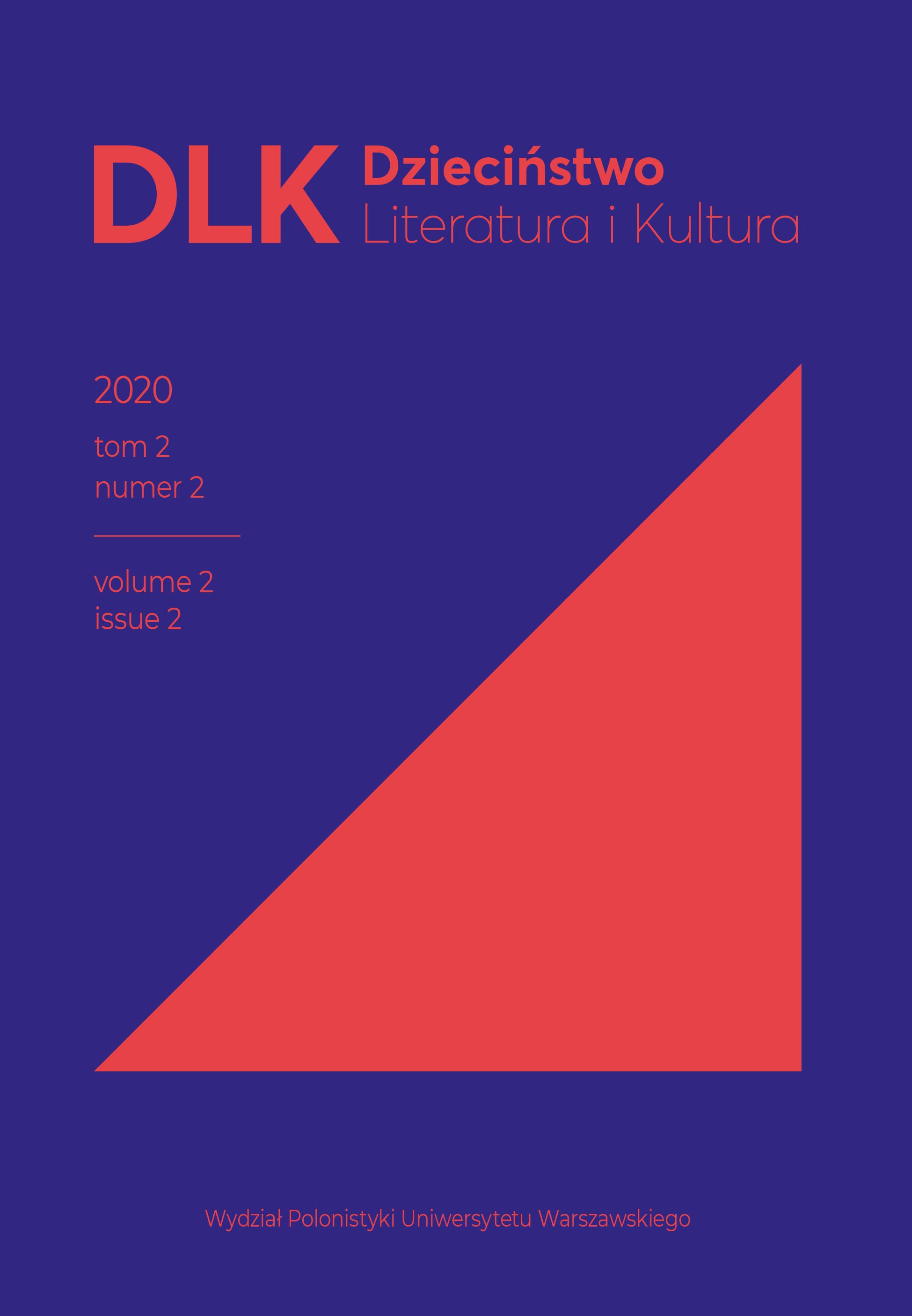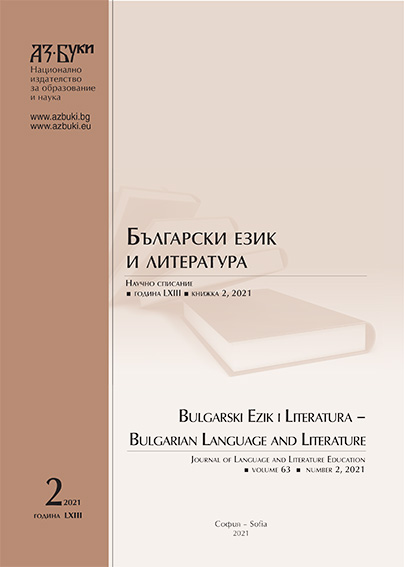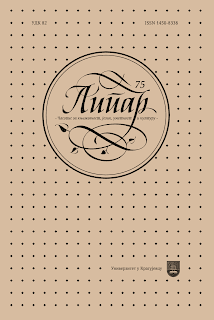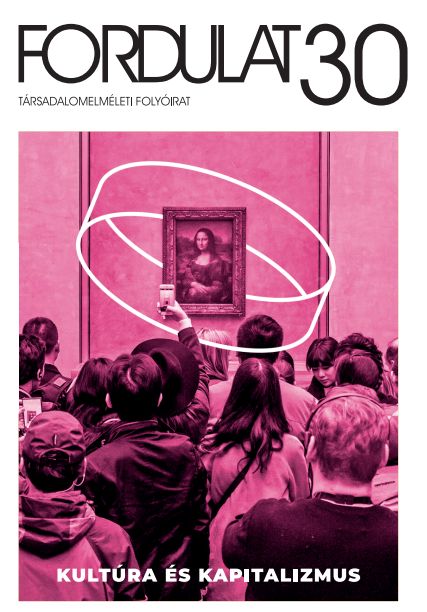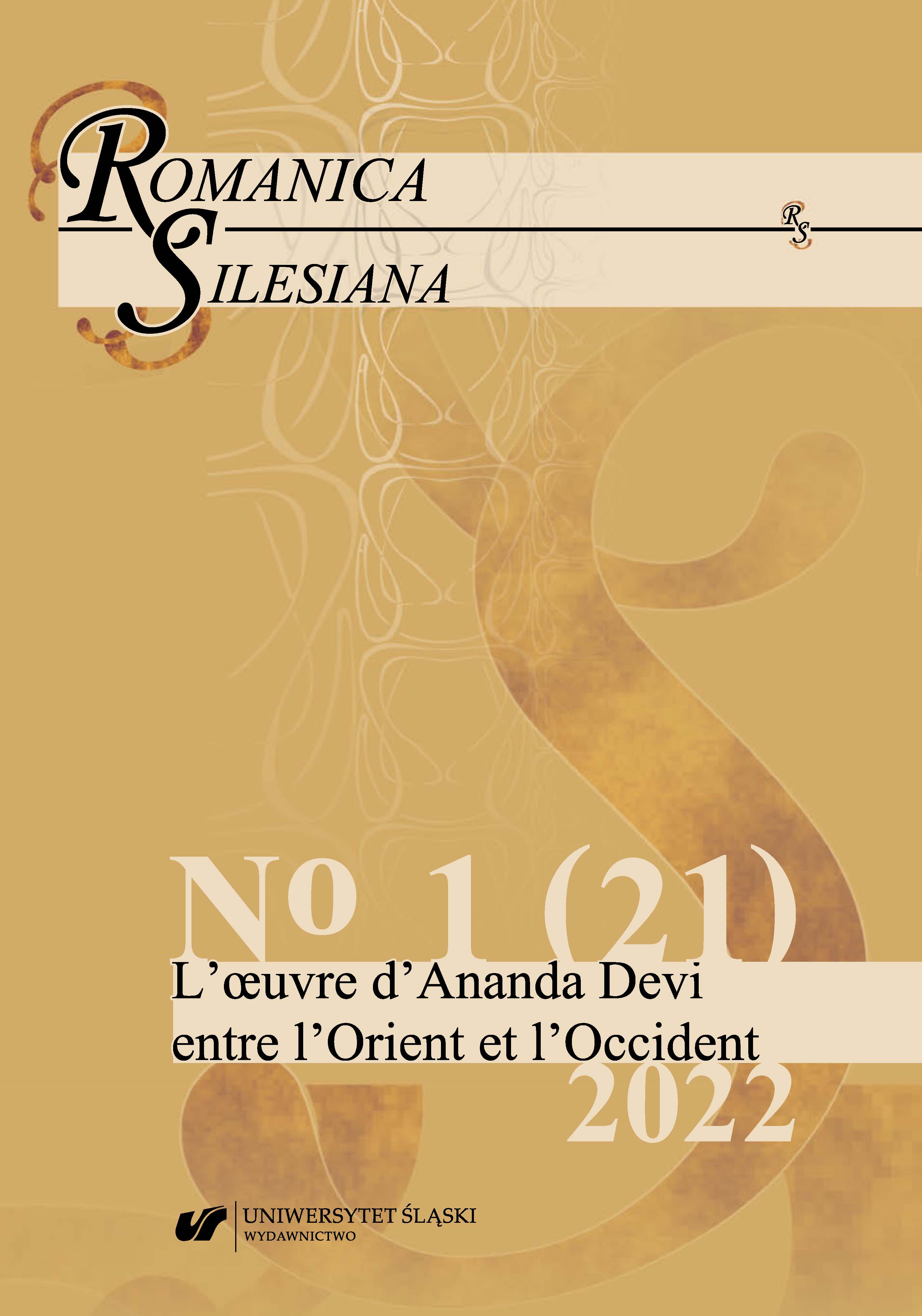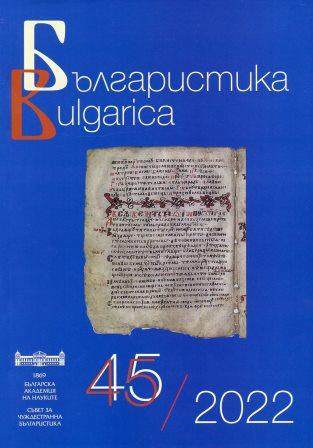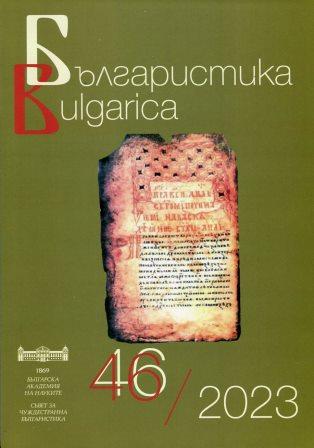Partition, Violence and Humanism in Tabish Khair’s Filming
Tabish Khair’s novel, Filming (2007), highlights many deeply vexed issues that are central to any discussion on colonial/postcolonial humanism. The novel presents the film industry of Hindustan and the lives of people associated with this charismatic industry. It also deals with the maltreatment of women and the manner in which their voices are muffled by the male chauvinistic society, thus making them the subaltern that cannot speak, or if they do manage to speak, they are brusquely silenced, because it questions the authority of those in power, and concomitantly tries to reroute the established power relations, and hence these voices and demands are to be viewed as something that deserves immediate disapproval and censorship.
More...
